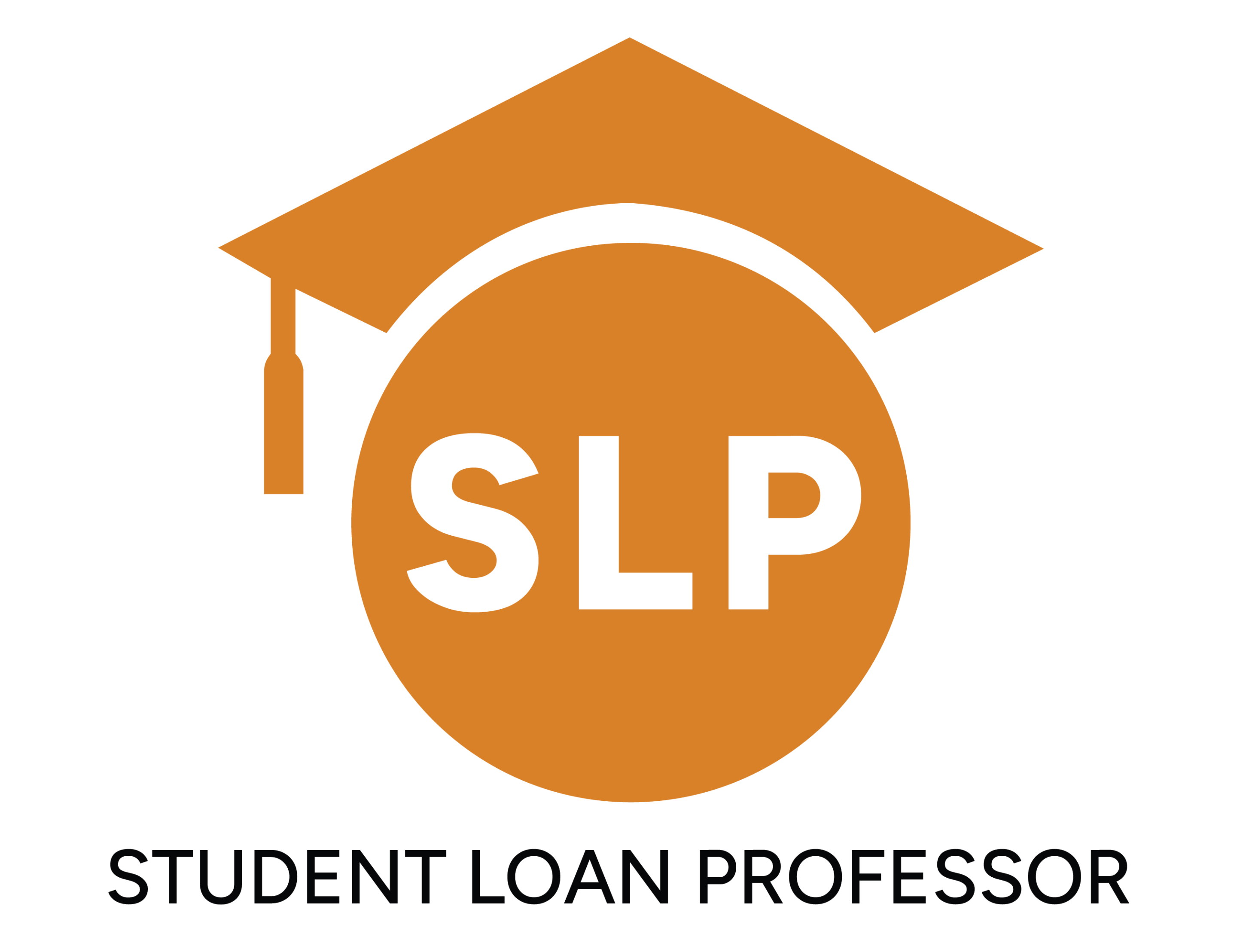March Student Loan Madness
March Madness takes on a whole new meaning this year! President Biden has disrupted the Income Driven Repayment (IDR) process again, but in a good way. Mohela just got checked with a big elbow. The game plan for “Plan B” for student loan forgiveness is becoming as complicated as a coach’s playbook. But to give you an assist, we just scored you a three-pointer by posting up a whole host of webinar resources on our website for 2024 graduates. Game on!
Biden Extends Recertification Deadline for IDR Participants
Given how major this news is, we emailed two special alerts to our clients last week. The Biden Administration just announced they are extending the shot clock on the IDR recertification deadline to late September (at the earliest), with no IDR payment amounts increasing before November 1st. This potentially impacts all borrowers enrolled in IDR plans and will reduce payments and increase subsidies for most borrowers! However, there are a few important questions which we don’t have answers to yet. Decision makers either haven’t thought through all of the logistics, or they simply haven’t provided enough details on the website. This is a common problem lately with many of these surprise student loan changes of late. Check out the FSA announcement and our updated blog for the full story, and stay tuned for updates in the coming weeks.
The Mohela Papers
This is the last thing Mohela needs right now. The Student Borrower Protection Center and the American Federation of Teachers convened to conduct a comprehensive investigation of Mohela’s business operations and customer service protocols over the last two years. The review scrutinized public records, CFPB complaints, Mohela’s own reports and internal emails, to uncover major customer service failures. The findings reveal multiple flagrant fouls: excruciating hold times, failed callback systems, a “call deflection scheme”, and other issues which ultimately led to borrowers paying more money than necessary, receiving erroneous advice, and missing out on PSLF and other benefits. We’ve already reported on some of these issues, as we’ve experienced them firsthand with our clients, but others are startling revelations. Read the report here.
While I find the report and its findings to be mostly accurate, it could have been a bit more balanced. Constantly shifting guidance coming from the Administration (like the IDR extension mentioned above), and the lack of adequate funding from Congress and the Department of Education to appropriately staff departments and process new programs left servicers ill-equipped to cope with the rapid pace of policy changes. They need more lead time before changes are announced and made effective, adequate details and information enabling them to answer complex questions which inevitably arise, and appropriate funding to properly serve borrowers. While Biden’s student loan initiatives have certainly saved borrowers a lot of money, major customer service issues will persist if the above remedies are not incorporated.
17 Reasons Why You Need Loan Forgiveness
Last month we reported a special negotiated rulemaking session was hastily assembled to discuss the topic of hardships. Initial guidance coming from the session was that borrowers “more likely than not” to default on their loans within two years could be provided with a “waiver”. A week later the Department of Education released a list of 17 consideration points which the Secretary could use to establish a hardship and provide relief. The list includes everything from age, to assets, to healthcare costs and “any other indicators of hardship identified by the Secretary”.
The goal with this and other initiatives is simple: enable more loan relief and forgiveness through the Administration instead of relying on Congress. Whether that is a good or bad thing depends on your perspective. But I will say I’ve been rather impressed at the creative ways the Biden Administration has continued to deliver loan relief and forgiveness to borrowers in the wake of the SCOTUS decision. And I suspect there is more on the way. We should see a formal announcement detailing Biden’s “Plan B” for loan forgiveness soon.
Attention 2024 Grads: We’ve got webinars!!
We’ve updated our webinars page with several loan repayment strategy presentations for different degree programs and career paths. These are specifically designed for 2024 grads, and we have dedicated sessions for Medical, Veterinary, CRNA, Pharmacy, Optometry, Physician Assistant, Occupational and Physical Therapy, and more. If you don’t see your program listed, you are welcome to join any other session with similar economics. Or reach out to us! Perhaps we can schedule a presentation specifically for your school or degree. Early career professionals are also encouraged to join these webinars so you can get all the latest intel on topics like the new SAVE plan, PSLF updates, the refinancing marketplace, and more! We’ll provide more webinars for practicing professionals in the fall.
I’ll wrap this up with a special shout out to all of the 2024 medical graduates who are getting ready to Match this week. Match is a special moment in your medical journey you will never forget. Our team wishes you all good luck, and we’ll be cheering for you this week as you celebrate this important milestone.
Don’t forget that SLP offers comprehensive student loan consultations to help you get your repayment strategy in order. If your student loan situation feels like March Madness, let us help you make sense of it all.
Brandon Barfield is the President and Co-Founder of Student Loan Professor, and is nationally known as student loan expert for graduate health professions. Since 2011, Brandon has given hundreds of loan repayment presentations for schools, hospitals, and medical conferences across the country. With his diverse background in financial aid, financial planning and student loan advisory, Brandon has a broad understanding of the intricacies surrounding student loans, loan repayment strategies, and how they should be considered when graduates make other financial decisions.



![Our Honest Thoughts On Aidvantage Student Loans [For 2025]](https://www.studentloanprofessor.com/wp-content/uploads/2024/10/SLP_fallback_2-no-logo-400x250.jpg)

